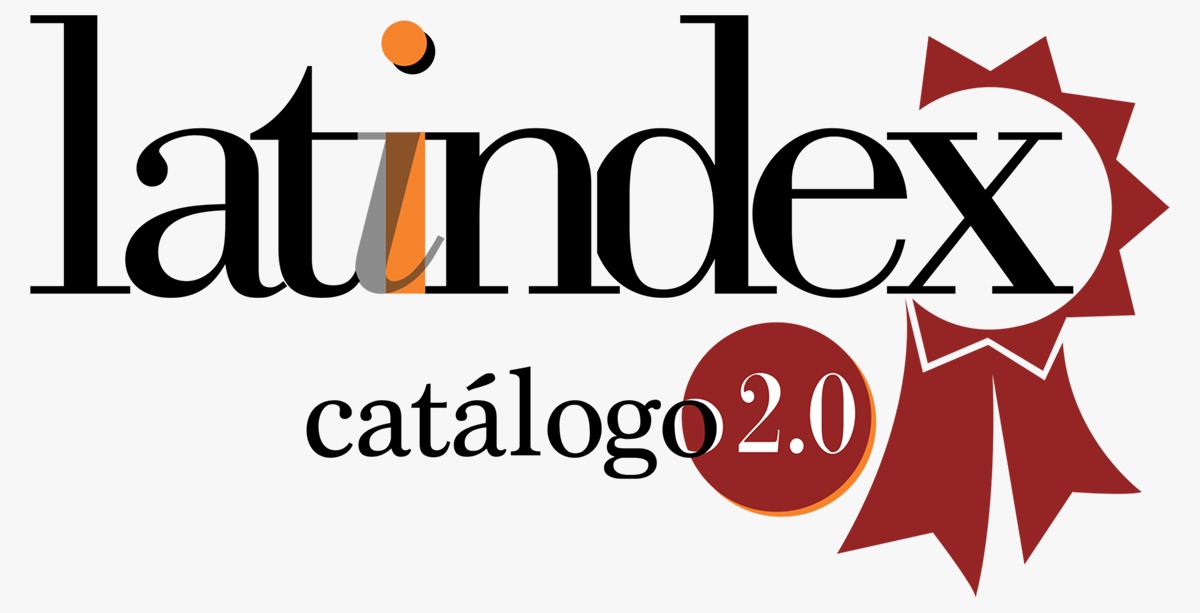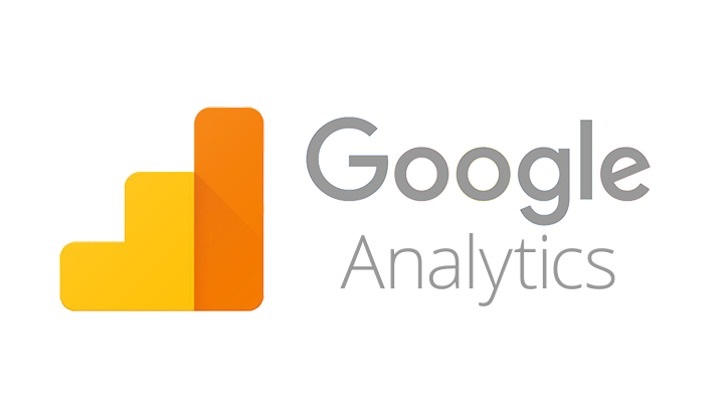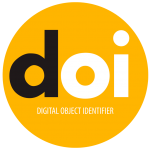Digital technology and the metamorphosis in teacher education, 2020
DOI:
https://doi.org/10.47865/igob.vol7.n25.2024.333Keywords:
Digital technology, metamorphosis, teaching, connectivity, strategyAbstract
At a time of increasing demand for teachers with advanced digital skills, we took on the challenge of investigating the different parts of digital technology competencies. The objective of the study was to establish the level of relationship that exists between digital technology and the metamorphosis in teacher education. A study was carried out with a quantitative approach, hypothetical deductive method, cross-sectional and ordinal level. The impact, as a result of the Pandemic, has occurred in this educational context, transforming the teacher in their teaching strategies with effects in every corner of the world, not only from the technology itself but from pedagogy, communication, administration, in a framework of active participation of students, the promotion of an environment of respect as well as the evaluation of their learning. We worked on a sample of 60 teachers from different institutions at the basic education level, the method used was the analytical, the design used was the descriptive correlational, non-experimental design. We used the find for data collection and the questionnaire as an instrument. , validated by expert judgment. The results were obtained by descriptive statistics and for hypothesis testing, inferential statistics using Spearman's Rho statistician. A value of r= 0.73 was obtained according to the Spearman Correlation, and a sigma value of less than 0.05, thus rejecting the null hypothesis and accepting the hypothesis postulated in the study: digital technology has a highly significant relationship with the metamorphosis of the teacher teaching.
Downloads
References
Area, M., & Adell, J. (2021). Tecnologías digitales y cambio educativo. Una aproximación crítica. REICE. Revista Iberoamericana sobre Calidad, Eficacia y Cambio en Educación, 19(4), 83-96.
Bernal, C. (2016) Metodología de la investigación. Pearson Colombia.
CEPAL (2021). Tecnologías digitales para un nuevo futuro. Publicación de las Naciones Unidas.
CEPAL-UNESCO (2020). La educación en tiempos de la pandemia de COVID-19.
Díaz Barriga, F. (2002). Estrategias Docentes para un aprendizaje significativo. Mc Graw-Hill Interamericana.
Díaz Barriga, F. (2006). Enseñanza Situada. Mc Graw-Hill Interamericana.
Dussel, I. (2010). Aprender y enseñar en la era digital. Santillana.
Rivoir, A. y Morales, M. (2019) Tecnologías digitales: miradas críticas de la apropiación en América Latina. CLACSO.
UNESCO. (2008). Estándares de competencias en TIC para docentes. Recuperado de: http://www.eduteka.org/EstandaresDocentesUnesco.php
UNESCO. (2018). Las competencias digitales son esenciales para el empleo y la inclusión social. Recuperado de 2019, de https://es.unesco.org/news/competencias-digitales-son-esencialesempleoy-inclusion-social
Vaillant, D.; Questa-Torterolo, M. & Azpiroz, M. (2022). Re-considering Teacher Professional Development in the Pandemic Era: The Uruguayan Case. International Journal for Research in Education: Vol. 46: Iss. 2, Article 5. https://scholarworks.uaeu.ac.ae/ijre/vol46/iss2/5
Valdez, A. (2020). Educación en Línea, un aprendizaje apremiante y colectivo. Pulso, 238(x), 8-14.
Vinueza, L. (2021). Competencias digitales y desarrollo profesional docente en la escuela Martha Bucaram de Roldós, Guayaquil, Ecuador, 2020 [Tesis de maestría, Universidad César Vallejo]. https://hdl.handle.net/20.500.12692/61610
World Bank (2016). El Informe sobre el desarrollo mundial 2016: Dividendos digitales. https://www.worldbank.org/en/publication/wdr2016
Downloads
Published
How to Cite
Issue
Section
License

This work is licensed under a Creative Commons Attribution-NonCommercial-ShareAlike 4.0 International License.
Esta obra está bajo una licencia internacional Creative Commons Atribución-NoComercial-CompartirIgual 4.0.
















